Tag: State leg
-
State lawmakers pursue opposing RCV strategies
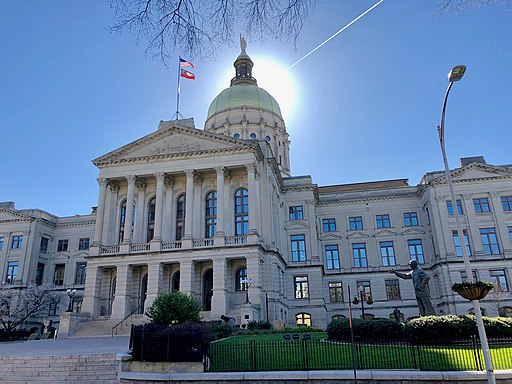
There are more than 100 ranked-choice voting (RCV) bills in 2024 state legislative sessions, with nearly a third of the bills seeking to ban or repeal its use. Democratic lawmakers have been more active, introducing 57.3% of RCV bills, while 53.4% of all RCV legislation has been introduced in states with Democratic trifectas. Legislators introduced…
-
Second-highest number of incumbents in contested state legislative primaries in Kentucky since 2014

Twenty-six Kentucky state legislative incumbents face primary challenges this year, representing 26% of all incumbents running for re-election. This is the second-highest number and percentage of contested incumbents since 2014. Of the 26 incumbents in contested primaries, six are Democrats and 20 are Republicans. Kentucky has 44 contested state legislative primaries this year, a 23%…
-
Decade-high number of incumbents in contested state legislative primaries in Texas
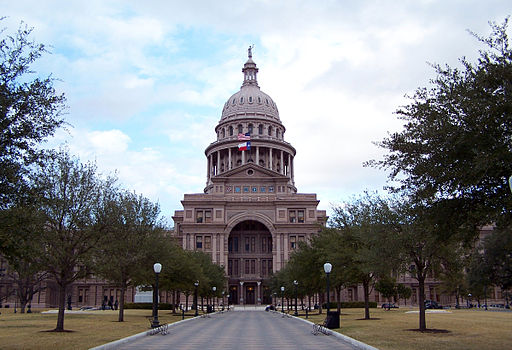
Fifty-eight Texas state legislative incumbents face primary challenges, representing 40% of all those running for re-election. This is the highest number and percentage of contested incumbents since 2014. Of the 58 incumbents in contested primaries, 13 are Democrats and 45 are Republicans. Texas has 93 contested state legislative primaries this year, a 3% decrease from…
-
Contested state legislative primaries in Arkansas down by 61%
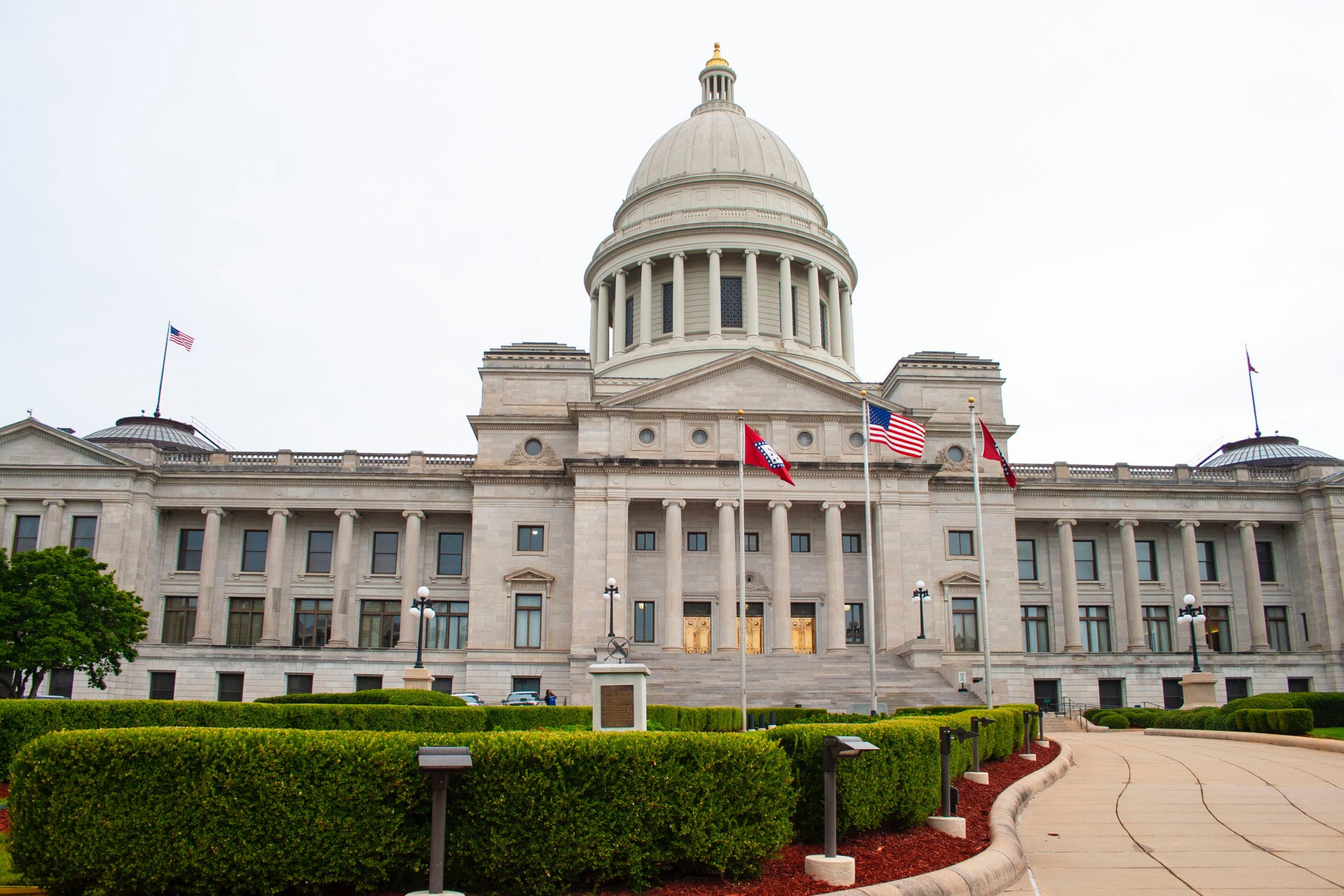
Arkansas has 24 contested state legislative primaries this year, a 61% decrease from 2022. Of the 24 contested primaries, there are 10 for Democrats and 14 for Republicans. For Democrats, this is the same as in 2022, and a decade high. For Republicans, the number is down 73% from 52 in 2022. Ten incumbents face…
-
54.75% of all state legislators in the United States are Republican, 44.35% are Democratic
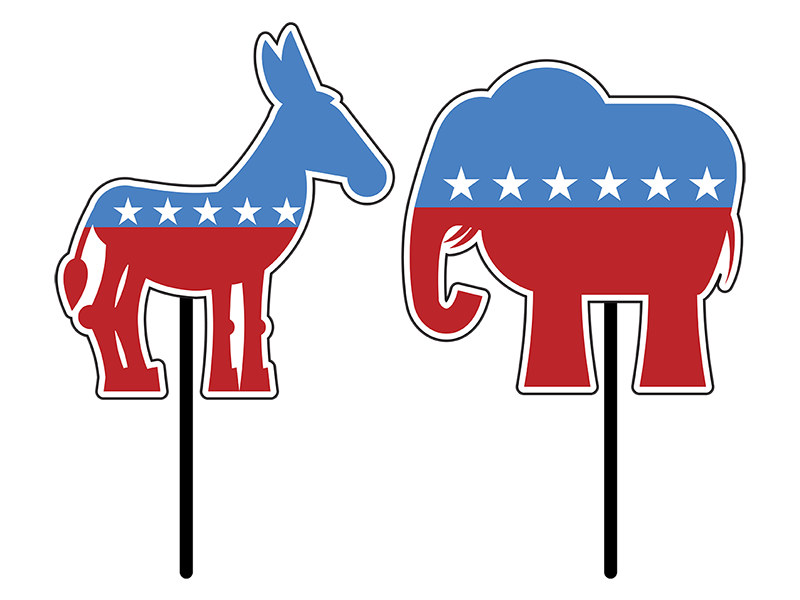
At the end of November 2023, 54.75% of all state legislators in the United States are Republican while 44.35% are Democratic. There are 7,386 state legislative seats in the country. Republicans held a majority in 57 chambers, and Democrats held the majority in 39 chambers. Two chambers (Alaska House and Alaska Senate) were organized under…
-
Election legislation roundup: Wisconsin State Senate

As of Dec. 3, Ballotpedia has tracked 31 election-related bills in the Wisconsin State Senate since the beginning of the year. Of the 31, Ballotpedia tracked one from Nov. 27-Dec. 3. Republicans sponsored the bill. The bill is below: During the week of Nov. 27-Dec. 3, Ballotpedia tracked 34 Senate election-related bills nationally. As of…
-
Election legislation roundup: Texas House of Representatives
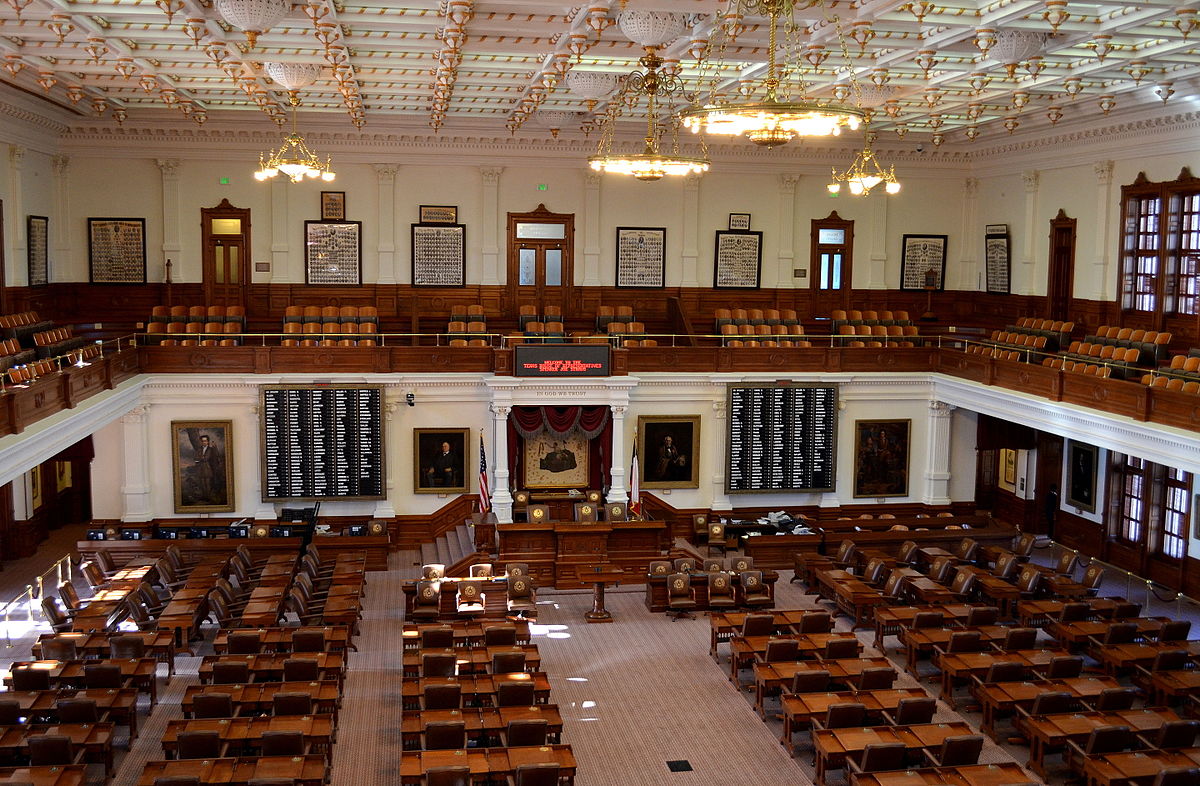
As of Nov. 26, Ballotpedia has tracked 201 election-related bills in the Texas House of Representatives since the beginning of the year. Of the 201, Ballotpedia tracked one from Nov. 20-26. Republicans sponsored the bill. The bill is below: During the week of Nov. 20-26, Ballotpedia tracked three House election-related bills nationally. As of Nov.…
-
Election legislation roundup: Wisconsin State Senate

As of Nov. 26, Ballotpedia has tracked 30 election-related bills in the Wisconsin State Senate since the beginning of the year. Of the 30, Ballotpedia tracked one from Nov. 20-26. Republicans sponsored the bill. The bill is below: During the week of Nov. 20-26, Ballotpedia tracked three Senate election-related bills nationally. As of Nov. 26,…
-
Election legislation roundup: Texas House of Representatives

As of Nov. 19, Ballotpedia has tracked 200 election-related bills in the Texas House of Representatives since the beginning of the year. Of the 200, Ballotpedia tracked five from Nov. 13-19. Republicans sponsored four, while Democrats sponsored one. The five bills are below: During the week of Nov. 13-19, Ballotpedia tracked five House election-related bills…
-
Election legislation roundup: Texas State Senate
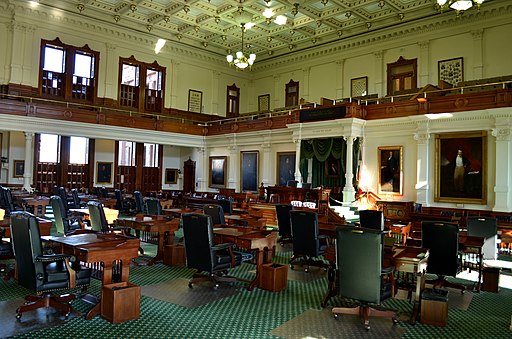
As of Nov. 19, Ballotpedia has tracked 120 election-related bills in the Texas State Senate since the beginning of the year. Of the 120, Ballotpedia tracked two from Nov. 13-19. Republicans sponsored both of the bills. The bills are below: During the week of Nov. 13-19, Ballotpedia tracked two Senate election-related bills nationally. As of…

